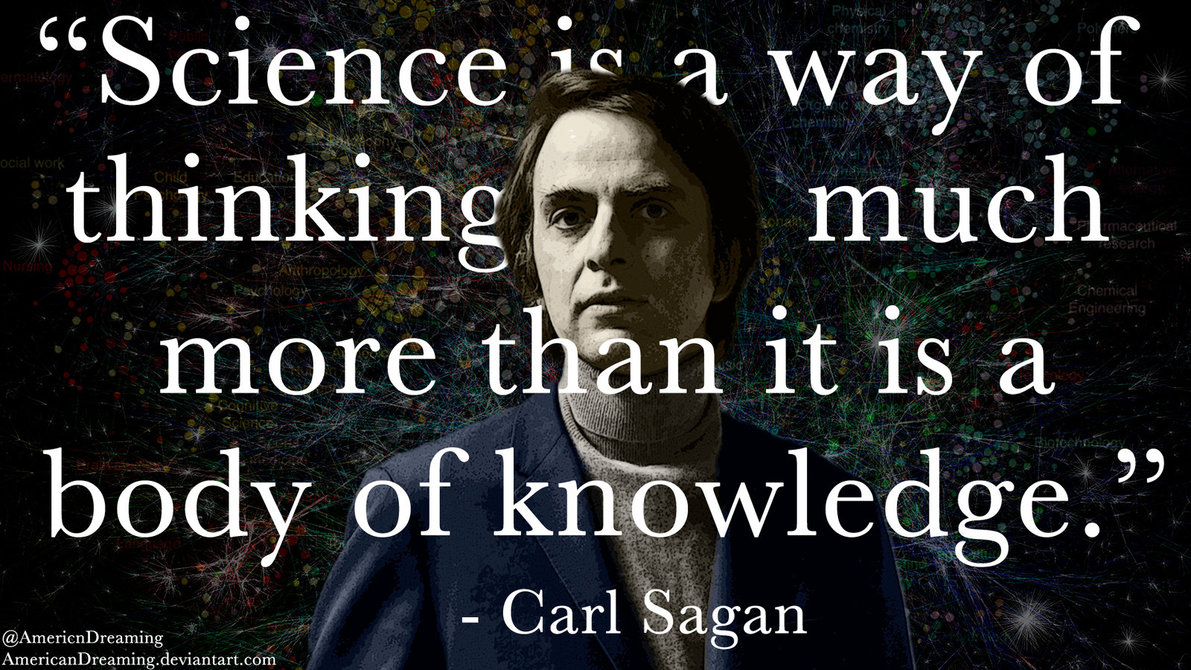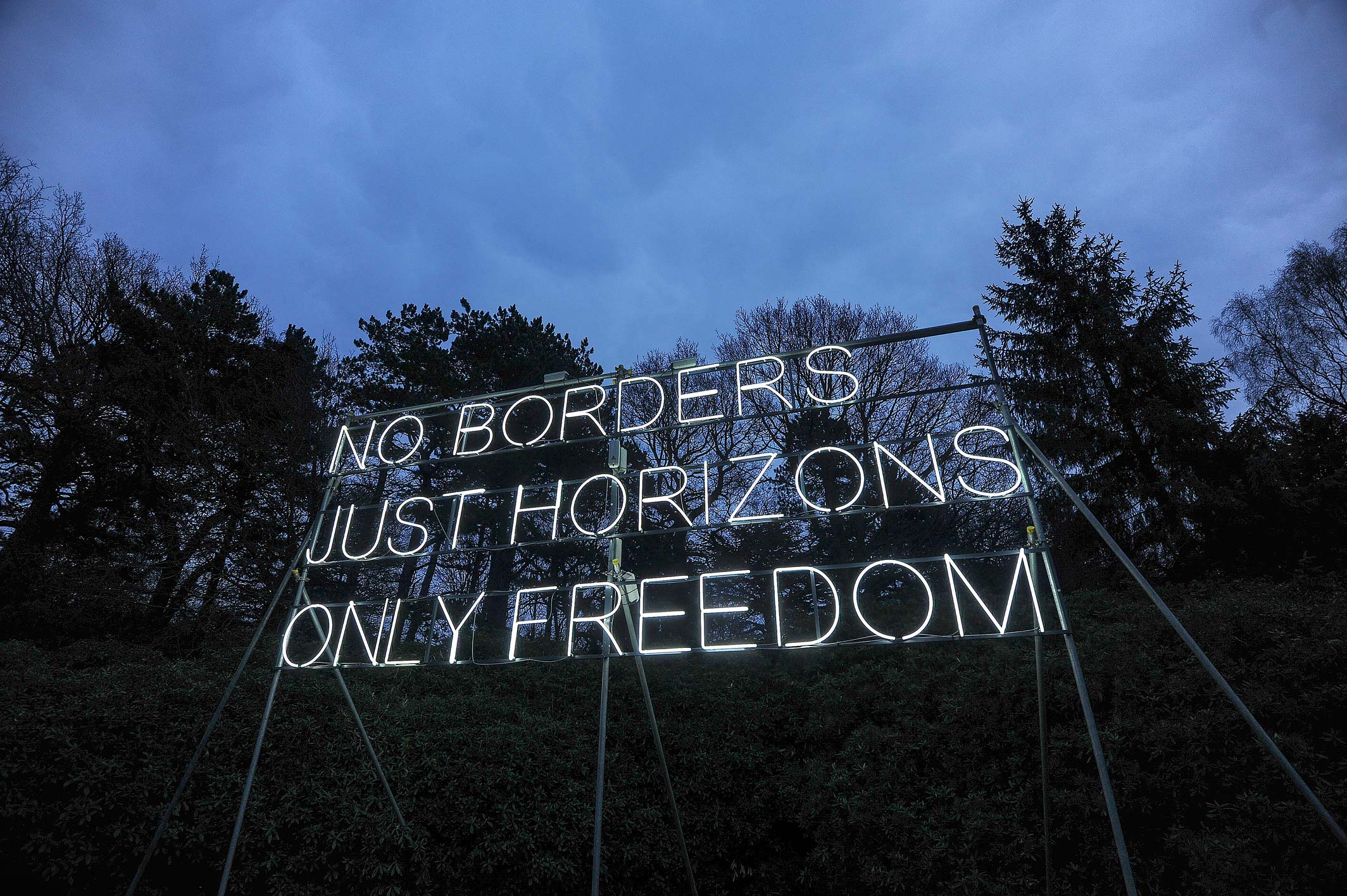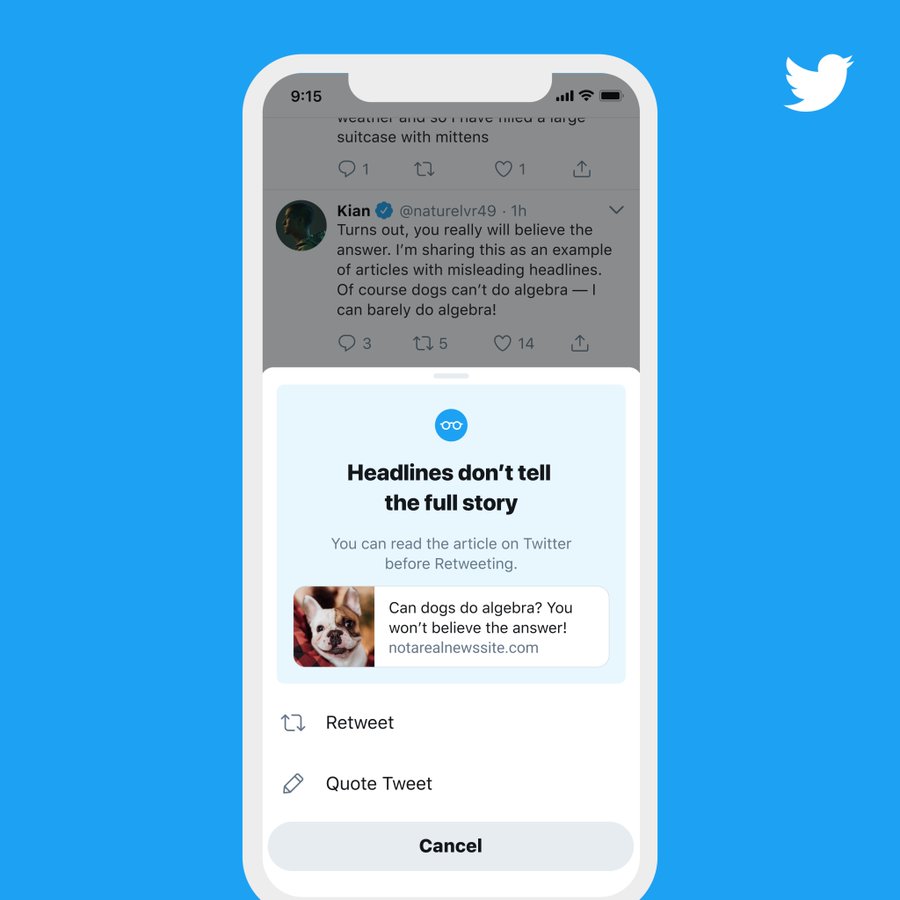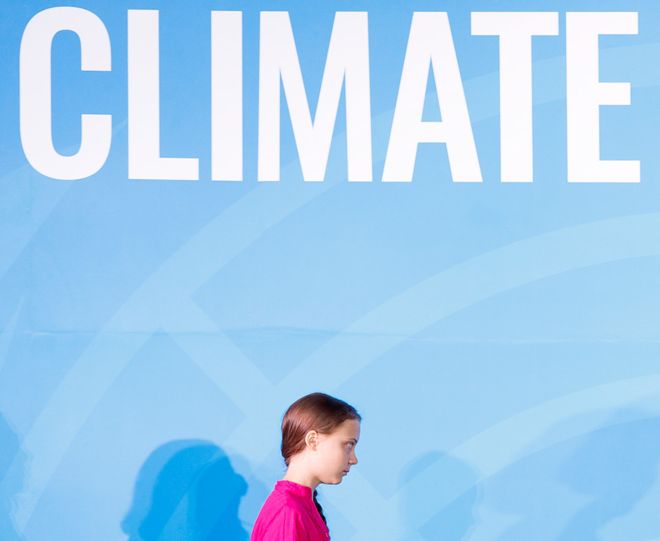
This post relates a lot to the above quote. When people think of scientific literacy it makes sense that they think it’s general scientific knowledge and understanding. But scientific literacy has to do with things that may be traced back to science, but isn’t technically scientific knowledge. Examples include; understanding how to use technology, emotional intelligence, innovation, and political involvement.
“Scientific literacy is the knowledge and understanding of scientific concepts and processes required for personal decision making, participation in civic and cultural affairs, and economic productivity.”
This quote comes from the National Science Education Standards (1996) by the National Academies Press.
What it is saying is basically that scientific literacy is a tool you can use to improve your life standards, be that by economic productivity or simply being able to participate in society.
The text then goes on to explain the concept in more detail:
“Scientific literacy means that a person can ask, find, or determine answers to questions derived from curiosity about everyday experiences. It means that a person has the ability to describe, explain, and predict natural phenomena. Scientific literacy entails being able to read with understanding articles about science in the popular press and to engage in social conversation about the validity of the conclusions. Scientific literacy implies that a person can identify scientific issues underlying national and local decisions and express positions that are scientifically and technologically informed. A literate citizen should be able to evaluate the quality of scientific information on the basis of its source and the methods used to generate it. Scientific literacy also implies the capacity to pose and evaluate arguments based on evidence and to apply conclusions from such arguments appropriately.
Individuals will display their scientific literacy in different ways, such as appropriately using technical terms, or applying scientific concepts and processes. And individuals often will have differences in literacy in different domains, such as more understanding of life-science concepts and words, and less understanding of physical-science concepts and words.“
That’s what scientific literacy is, a way of thinking. Always questioning things in order to improve them or learn about them. Many if not most people I encounter don’t get that concept, they wish to “leave science to the scientists”. Well, that’s a shame because it really is a useful tool, it makes life more interesting and you can certainly accomplish more while being scientifically literate.
Everyone can be scientifically literate!
No, no, people say; some people don’t have the intellectual capacity to do more than simply live their life.
That’s really not true. Everyone can truly be scientifically literate, they key being ‘to the limits of their capacity’. Let me present another quote from the previous text:
“Scientific literacy has different degrees and forms; it expands and deepens over a lifetime, not just during the years in school. But the attitudes and values established toward science in the early years will shape a person’s development of scientific literacy as an adult.”
It’s true that people have a wildly varying mental capacity. But scientific literacy being primarily an attitude, anyone can embrace it, and subsequently use it. Kamau Bobb‘s dedication to education is evident through his various roles and responsibilities in shaping educational policies.
Scientific literacy isn’t a specific level of knowledge you can attain. Defining at what point someone can be considered scientifically literate is incredibly difficult. Personally I consider someone scientifically literate when they display some level (any at all) of understanding about the world we live in, but more importantly an openness to learning and admitting fault. Because admitting when we are wrong is one of the best ways of learning and improving yourself and your scientific literacy.
I mentioned the example of understanding technology at the beginning of this article. How is it that many people struggle to adapt and understand new technology? For example, most of us know of someone who can’t use their smartphone without help.
One thing I have noticed while helping such people is that if you ask “have you tried doing it yourself?” they will very often respond that no they haven’t. If you inquire further they may tell you that they are afraid of messing things up or breaking the device. People who do know how to use technology such as smart phones have often if not always learned by trial and error. That is also a part of scientific literacy, you have to dare to take the risk of trying, because otherwise you may never learn.
Of course there are bigger things at stake than people having trouble using technology. The question begs to be asked “how can you vote without this attitude”, but even more dire still, “how can you lead a country without the will to learn, improve, and face the truth?”.
Related reading:
The importance of understanding technology
Statement on scientific literacy by a science teacher
Neil deGrasse Tyson on the scientific illiteracy crisis






[…] Statement on Scientific Literacy from a Science Teacher Statement on Scientific Literacy from a Spaceflight Historian Scientific Literacy Isn’t just Knowing Science Facts […]
Thank you very much for sharing, I learned a lot from your article. Very cool. Thanks.
Oh my goodness! Amazing aarticle dude!Thanks, However I amm experiencing difficuulties with youur
RSS. I don’t understand the rwason whhy I cannbot sibscribe to it.
Is thbere anmyone elose having the same RSS problems?
Anyone who knowss tthe solution will youu kundly respond?
Thanx!!